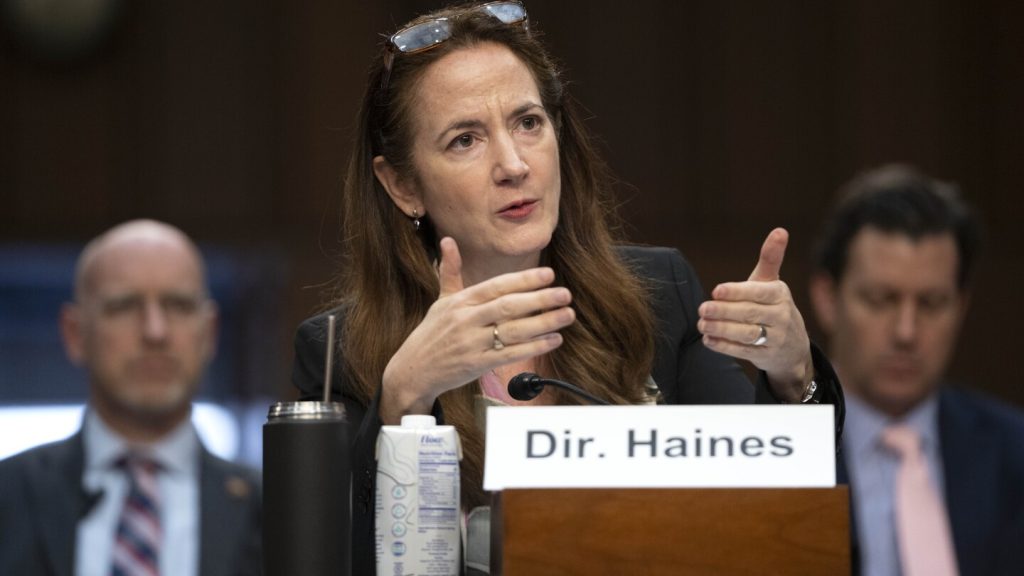Top security officials warned the Senate on Wednesday that America’s foreign adversaries, including Russia, China, and Iran, will seek to influence the upcoming U.S. elections. These adversaries are harnessing the latest innovations in artificial intelligence to spread online disinformation, mislead voters, and undermine trust in democracy. Despite this threat, the U.S. has greatly improved its ability to safeguard election security and combat foreign disinformation campaigns since the 2016 election, when Russia sought to influence the outcome.
Russia, China, and Iran are the main actors looking to interfere with the 2024 election, according to security officials. Russia remains the most active foreign threat, using state media and online influencers to erode trust in democratic institutions and U.S. support for Ukraine. Recent efforts by Russia have focused on spreading posts related to America’s immigration debate to stoke outrage among American voters. China, on the other hand, did not directly try to influence the 2020 presidential election, mostly due to concerns over blowback. However, China’s ties to TikTok have raised concerns, leading members of Congress to vote to force TikTok’s Beijing-based owner to sell the platform.
Iran has used social media platforms to issue threats and confuse voters, with a 2020 episode involving false content distributed to Democratic voters in battleground states to intimidate them into voting for President Donald Trump. Despite federal efforts to call out foreign disinformation on platforms like Facebook and Twitter, debates over surveillance, First Amendment rights, and government intervention in determining truth have complicated these efforts. Senator Marco Rubio questioned officials on how they would respond to clearly fake AI-generated videos about candidates, highlighting the challenge of identifying and combatting disinformation.
The hearing on foreign threats to the election also addressed the risk of adversaries hacking into state or local election systems to change the vote or create doubts about the outcome’s integrity. Jen Easterly, director of the Cybersecurity and Infrastructure Security Agency, emphasized that the federal government has worked closely with state and local election officials to ensure the 2024 election is the most secure ever. Despite these efforts, advances in technology and the proliferation of disinformation tactics pose ongoing challenges to election security and the integrity of the democratic process.
The use of artificial intelligence to create lifelike images, video, and audio that can fool voters is a significant concern for security officials. Other tools of disinformation include state media, online influencers, and networks of fake accounts that amplify false and misleading content rapidly. The role of AI-generated content in spreading disinformation poses a unique challenge for identifying and combatting foreign interference in elections. The need for continued vigilance, coordination between federal and state authorities, and public awareness of the risks of disinformation campaigns are crucial to safeguarding election integrity and preserving trust in democracy.


